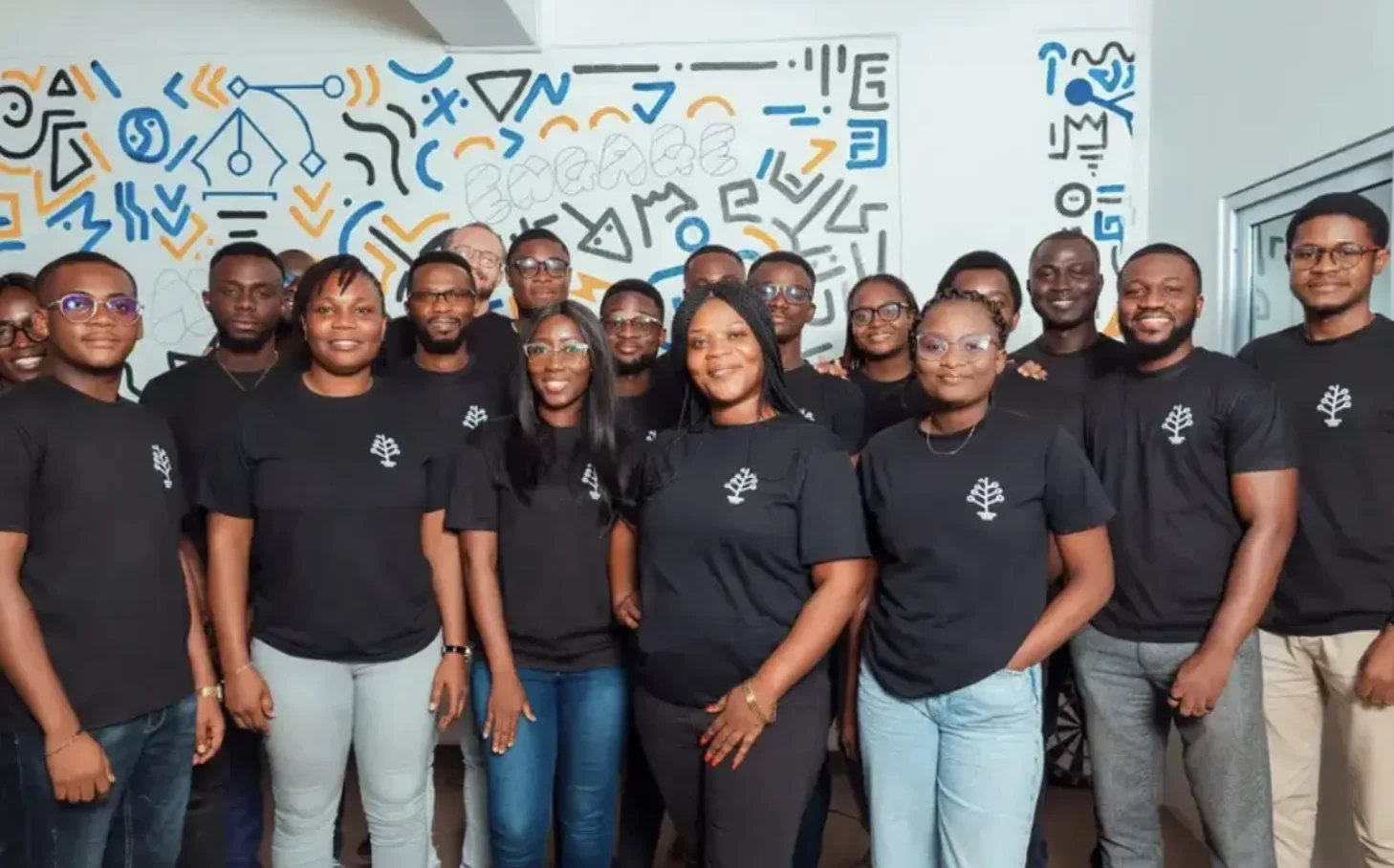The integration of artificial intelligence (AI) into the legal field has sparked widespread debate about its potential to revolutionize the industry, possibly even replacing lawyers. The advancements in AI technologies, like OpenAI’s ChatGPT, are making the notion of affordable and accessible legal advice more tangible. However, fully substituting human lawyers with AI involves complexities that span multiple dimensions.
AI has already made significant inroads into the legal industry, automating tasks like document review and summarization. This capability is particularly useful in law firms, where sifting through extensive texts is a common task. As Jordan Johnson, a market research analyst at Allied Help, noted in Forbes earlier this year, “A lot of what lawyers do involves sifting through heaps of text, something machines do pretty well already.” This suggests that as AI technologies evolve, they could start to perform even better than skilled lawyers in certain aspects, such as visual and audio analysis.
For example, law firms are employing machine learning models to improve efficiency in routine tasks, drastically reducing the time needed for legal document analysis.
One compelling advantage of AI in law is its potential to make legal services more accessible and affordable. AI platforms can provide guidance for common legal issues like insurance claims or divorces, which could be invaluable for those unable to afford traditional legal fees. Johnson further elaborates that as AI reshapes legal jobs, lawyers might transition into roles where they oversee AI’s preparation of briefs, ensuring accuracy and appropriateness.
Despite its potential, AI’s application in law has intrinsic limitations. Legal practice is not only about applying laws but also about interpreting complex human contexts — areas where AI currently falls short. For instance, in litigation, a lawyer’s strategic decisions often hinge on understanding the personalities of judges and juries, a subtlety that AI cannot yet replicate. Ethical considerations, including confidentiality and professional responsibility, also demand a nuanced human touch that AI cannot provide alone.
Ben Allgrove, a partner and chief innovation officer at his firm, underscored this perspective in a statement to The New York Times in late 2023, pointing out that “the reality is AI has not disrupted the legal industry.” He described the current capabilities of AI as akin to those of a “very smart paralegal” that is expected to improve further.
Looking ahead, the role of AI in law is likely to be that of a complement to, rather than a replacement for, human lawyers. AI could handle more administrative and procedural tasks, allowing lawyers to concentrate on complex aspects of legal practice that require human judgment and interpersonal interactions. This collaborative approach could lead to more efficient legal processes, improved accuracy, and reduced costs, benefiting the entire legal system.
Moreover, AI’s potential to assist in legal research by grounding reasoning in specific case laws or statutes could save lawyers significant time on preliminary research, allowing them to focus more on developing legal arguments and strategies.
While AI will significantly impact the legal profession by automating routine tasks and making legal advice more accessible, it is unlikely to completely replace lawyers. The nuanced and human-centric aspects of legal work, such as advocacy, negotiation and ethical judgment, remain beyond the reach of current AI capabilities.
As AI continues to evolve, the legal profession must adapt to effectively integrate these new tools. This integration will not only help in reducing costs and improving efficiency but will also ensure that the benefits of AI in legal practice are maximized while preserving the essential human elements of justice and fairness. Ultimately, AI is poised to become a powerful tool for lawyers, enhancing their capabilities rather than replacing them.
Featured image: Credit: Wikipedia






